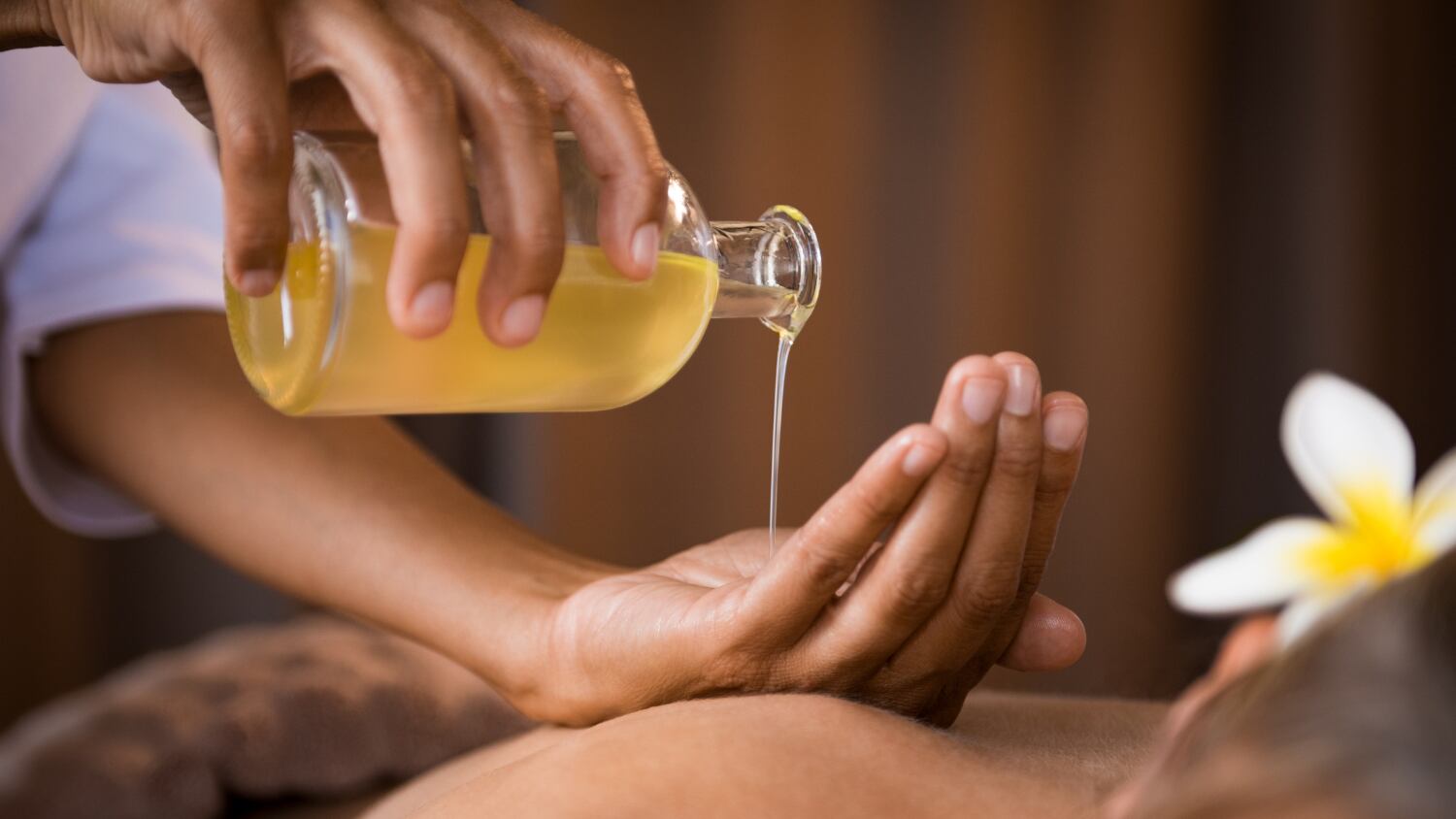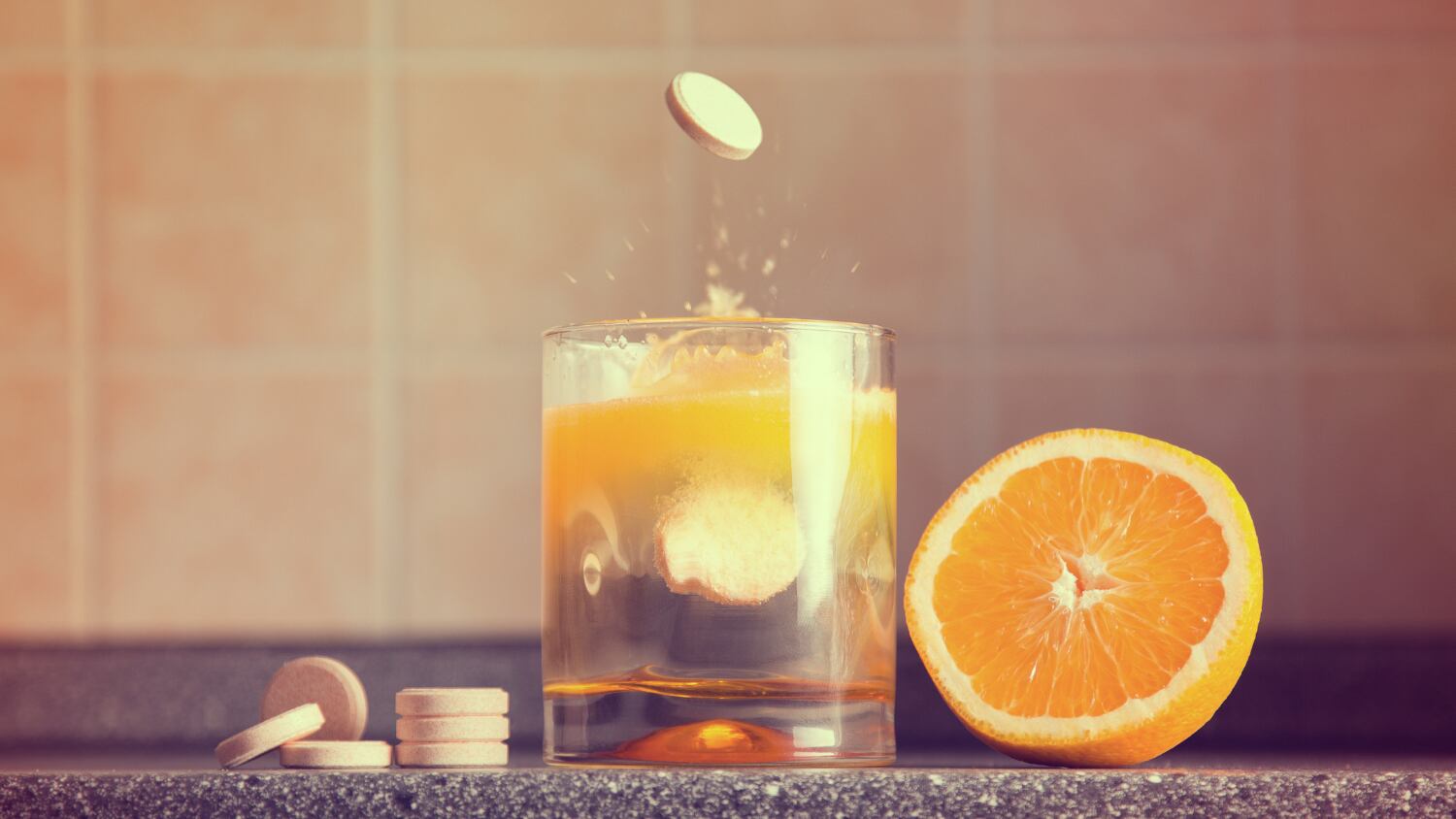Researchers at the Indian Institute of Technology-Bombay (IIT-B) have developed a first-of-its-kind technology that is said to facilitate the systematic delivery of multivitamins and other nutrients (including vitamins B12 and D, folate and iron) into the bloodstream through application to the skin.
Patented for pregnancy
Speaking to NutraIngredients-Asia, head of IIT-B's department of biosciences and bioengineering, Dr Rinti Banerjee, said: "Micronutrient deficiencies are prevalent in India, so one of the approaches we thought of (to combat this) was to deliver nutrients through the skin, using a medium which was already commonly used in daily life.
"With this technology, we looked at different types of cosmetic products that could be used to deliver these nutrients, including body lotion, face masks and lip salves. We then used a technology that was an offshoot of the first one to develop a massage oil containing multivitamins and iron, whereby the massaging action would enhance the delivery of the nutrients in the oil."
She added that the research team's priority was to address nutrient deficiencies among expectant mothers — who tend to need more folic acid and iron — and women of child-bearing age, especially since low overall compliance meant that multivitamin pills and iron supplements were insufficient in eliminating hidden deficiencies.
As such, she believes this format will increase compliance in nutrient intake, as opposed to oral supplementation.
"The technology we used takes care of interaction with the outermost layer of skin — the stratum corneum — which acts as a barrier that prevents substances from entering the body through the skin. The nutrients are encapsulated in a way that allows them to pass through this layer."
The technology in question uses tiny liposomes — vesicles containing a lipid typically found in soybean and a naturally occurring unsaturated fatty acid — with which the research team developed a formulation consisting of flexible, biodegradable nutrient-rich soft materials which were then stabilised into different types of commonly used cosmetic products
These materials allow the nutrients in these products to interact with barrier lipids in the uppermost layer of skin, creating temporary gaps that then allow them to pass through the rest of the skin layers. The liposomes then break down within the body, dispersing the nutrients throughout the body via the bloodstream.
Banerjee added: "Oral supplements tend to get broken down in the stomach and liver, whereas this innovation will allow nutrients to bypass this process."
So far, technology has received US and Indian patents, with a second Indian patent already filed.
Trials and technology
The massage oil has been tested in a number of studies, including laboratory experiments, animal studies, a preliminary clinical non-irritation test, independent skin-irritant tests and pre-clinical trials. Currently, a large-scale clinical trial is being conducted in Pune, and is expected to conclude sometime this year.
Banerjee said the formulation was within the recommended dietary allowance (RDA) and could therefore be used by any demographic. Furthermore, it was found to be skin-safe, and efficient in nutrient delivery.
"Our pre-clinical data showed there was sufficient absorption of nutrients from the massage oil through the skin. The oil has also been shown not to cause any irritation to skin, and is suitable for any demographic: male, female, pregnant women and older people."
With regards to whether or not the oil is suitable for those with skin conditions, she said: "Theoretically, it should also be safe for people with skin conditions like eczema or psoriasis to use, but we have not done any tests on that yet."
Commercial considerations
Successful commercialisation of the massage oil (and other related cosmetic products) could very well lead to major improvements in public health, especially in India, where suboptimal nutritional status has caused children, pregnant women and lactating mothers in particular to suffer from iron and folic acid deficiencies.
These deficiencies in turn lead to poor absorption of other vital macro- and micronutrients, compromised immune health, and predisposition to chronic diseases such as heart problems, diabetes and hypertension.
Banerjee said, "We have a contract partner who has done manufacturing for some of our clinical trials, and we are presently in discussions with them to commercialise this oil. Nothing has been finalised yet, but process to license the technology has started."
The process of developing the nutrient-rich cosmetic products was funded by the Gates Foundation, and the development of the body massage oil for babies was funded by Grand Challenges Canada.
The research team has said they are able to come up with similar formulations containing higher doses of multivitamins and iron, but Banerjee has also clarified that the current formulation is not a treatment for any disease but rather, a preventive product that contributes to overall well-being.
"There are nutritional deficiencies faced even in the developed world because of lifestyle patterns and eating the wrong food, leading to malnutrition. So our innovation can be fine-tuned to also meet those market needs."




